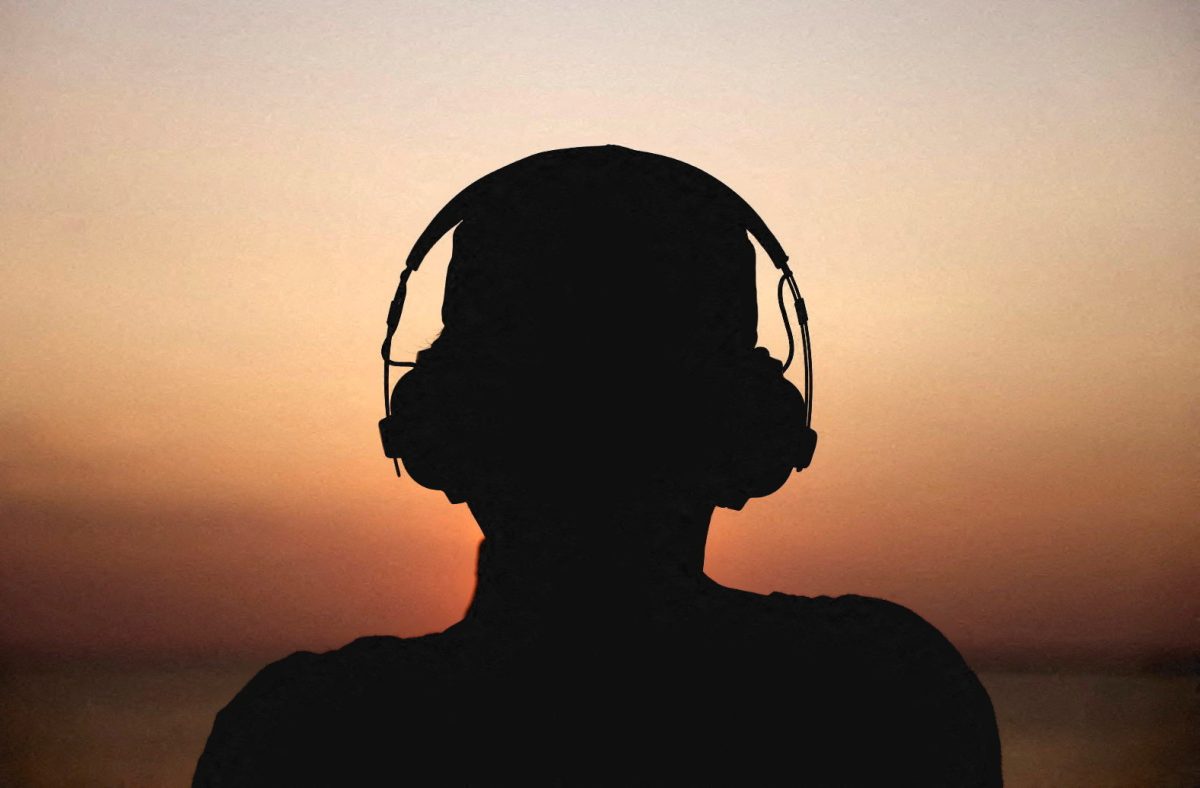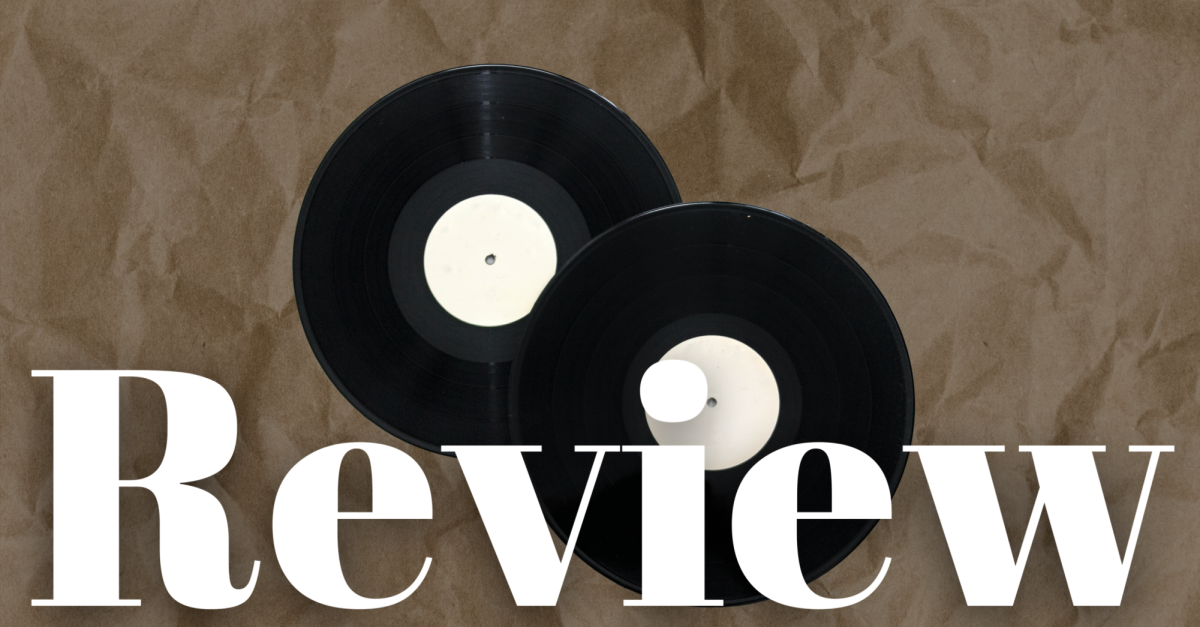
Many bands emerged from New York’s “garage rock” scene in the early 2000s. Some have broken up, some have faded into obscurity and others are still around, trying way too hard to make the same album they recorded more than ten years ago.
But with “Mosquito,” the Yeah Yeah Yeahs have once again dodged the fate of their contemporaries. The band has found a way to evolve without straying far from the essence that made it a success in the first place.
The new album kicks off with “Sacrilege,” the first single and fittingly one of the strongest tracks on the record. It begins on a low note and slowly builds, ending with a gospel choir providing background for lead singer Karen O’s intense, gospel-tinged cries of “sacrilege.”
“Subway,” another of the album’s best, is a haunting ode to lost love and New York City. Karen O croons over the clacking of subway tracks. With the track following “Sacrilege,” at first it’s strange to have the two back-to-back, but they connect. The order feels like walking into a deserted metro station after a night out in New York City, a calming experience after a wild ride.
But the calm doesn’t last. With “Mosquito,” the band brings back the noise. It is certainly a loud album, with Karen O’s vocals alternating between whispers and screams, embodying the prevailing spirit of the Yeah Yeah Yeahs.
The reggae-influenced “Under The Earth” is a moody standout, with Karen O singing “Down down under earth goes another lover” alongside heavy, thumping drums. “Area 52,” a fun, weird punk jam about alien abductions in tribute to Iggy Pop, is the song most reminiscent of the group’s earlier work.
“Buried Alive” has a whole lot of star power behind it. Produced by LCD Soundsystem’s James Murphy and featuring a guest appearance by Kool Keith – or Dr. Octagon as he appears in the credits – “Buried Alive” doesn’t quite hit the mark, despite all the big names. Even Dr. Octagon’s awkward guest appearance is out of place and doesn’t add anything to the song.
“Always” and “Despair” make way for “Wedding Song,” the album’s closer and a track dedicated to Karen O’s recent marriage. While these songs are gorgeous, it’s a bit disappointing to have the album, with all of its ups and downs, end on one of its slower moments. Especially after opening with “Sacrilege,” you would expect the band to end with something as strong as its beginning.
On “Mosquito,” it’s incredible how Karen O’s vocals vary, changing tone from screaming and howling about blood sucking to sad songs of despair and lost love, like “Subway.” Her voice ultimately carries the listener through all of the emotions of the record’s many twists and turns.
The album is musically and lyrically diverse. Songs range from bizarre topics like insects and alien probes to more traditional love songs. This crazed lineup of content alongside many different influences could’ve been a mess, but the Yeah Yeah Yeahs manage to make it work.
“Mosquito” isn’t a perfect album, but it’s an interesting ride. From loud rock to slower ballads, the Yeah Yeah Yeahs have evolved with the times. The group doesn’t try to recreate “Fever To Tell,” its 2003 debut, but it also stays true to its core sound.
“Mosquito” probably doesn’t have any tracks that will reach the mainstream success of previous singles, like “Heads Will Roll” from the previous effort “It’s Blitz!,” but “Mosquito” is a solid album worth a listen.



